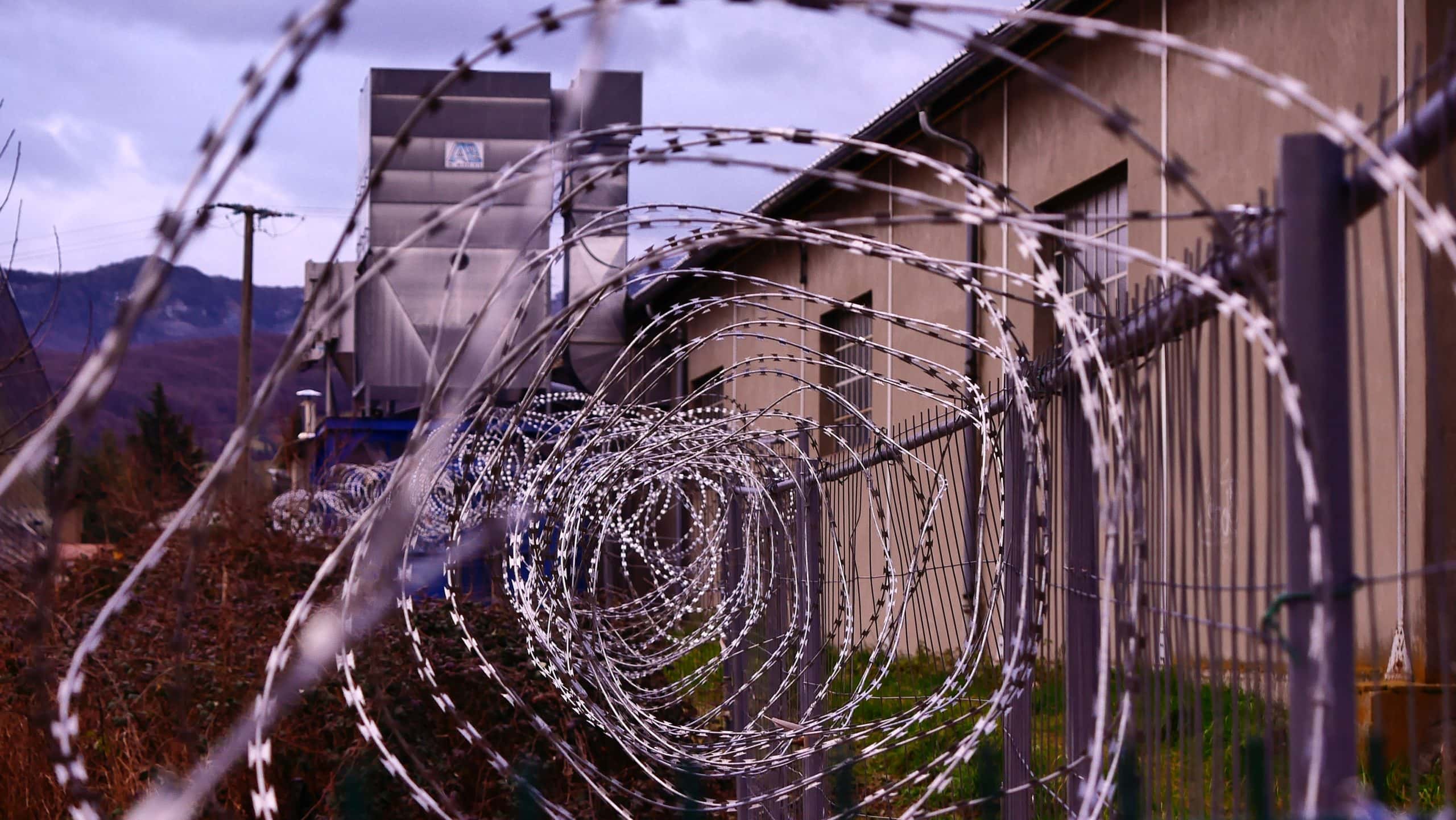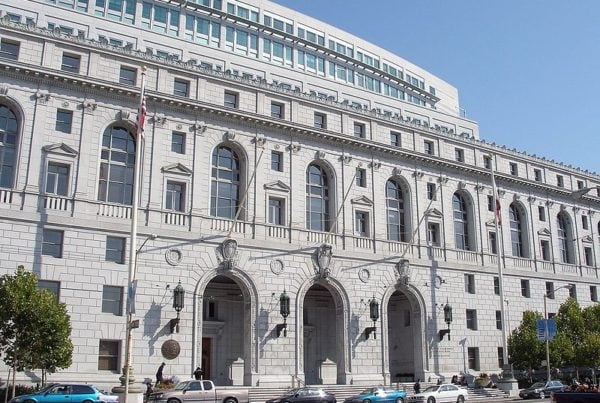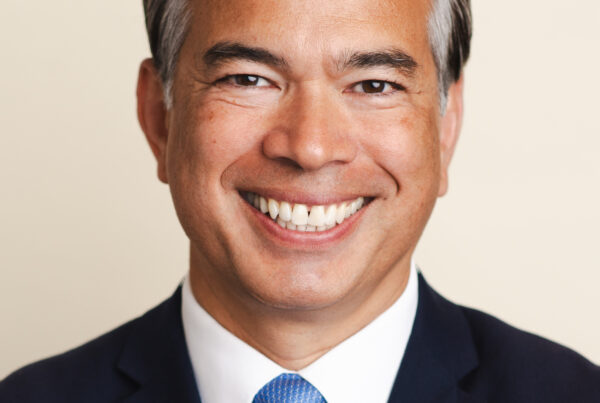A bill that would make child sex trafficking a three-strike felony passed the legislature Sept. 13 and is on the governor’s desk to sign.
Although child sex trafficking is currently a felony, it is not a three-strikes felony. Three-strike felonies impose a minimum double term for the second conviction of the type, and 25 years to life for the third strike of the type
“Today is a huge victory for every survivor who has shared their story in hopes of making a change with Senate Bill 14,” the bill’s author, Sen. Shannon Grove (R-Bakersfield) said in a press release. “With the passage of this bill, we are sending








